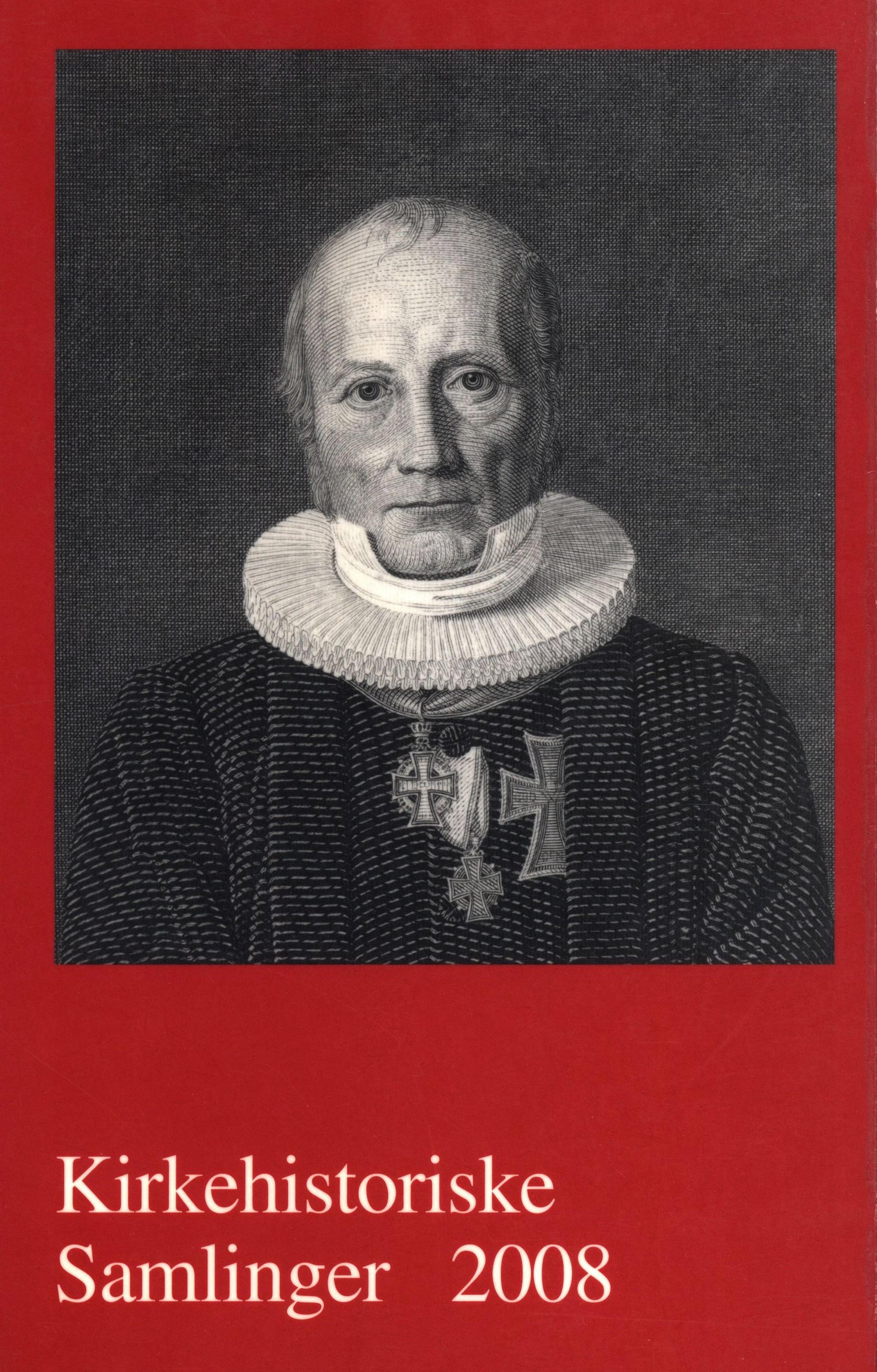Hvem har skrevet de enkelte dele af indholdet i Malmøberetningen om religionsforhandlingerne på herredagen i København i sommeren 1530?
Publiceret 15.12.2008
Citation/Eksport
Copyright (c) 2024 Tidsskriftet Kirkehistoriske Samlinger

Dette værk er under følgende licens Creative Commons Navngivelse – Ingen bearbejdelser (by-nd).
Resumé
Who wrote the separate Passages of the Malmø-account concerning the Debate on Religion at the Diet in Copenhagen in the Summer of 1530?
In the summer of 1530 King Frederick and the members of the Danish council (rigsråd) assembled at a diet (herredag) in Copenhagen. The king had summoned the evangelical preachers in order to arrange a conversation about important religious matters between the preachers and their opponents, the Roman Catholic bishops and prelates. Apparently the king wanted the two parties to be present and to defend their religious faith and teaching before the participants ofthe diet. However due to the imminent danger of attack on the country by the exiled King Christian, the religious conversation was not carried through as planned. Yet the preliminary negotiations resulted in the formulation of some documents and letters that have been preserved for posterity owing to the fact that they were printed in an account of the diet, the so-called Malmø-account of 1530, edited by the leading evangelical preacher at Malmø, Peder Laurentsen. The most important documents in the Malmø-account are the confession of faith of the preachers, the so-called 43 Articles or the Confessio Hafniensis, the written complaint of the bishops and prelates, consisting of 27 accusations of heresy against the Lutheran preachers, the detailed answer of the preachers to the written complaint of the prelates and their twelve counter-charges against the bishops. In the course of time several historians and ecclesiastical historians have discussed the question ofthe authorship ofthese documents. Some scholars have attributed most of them to the preacher Hans Tausen, others have credited Peder Laurentsen with the authorship. Many historians have expressed themselves cautiously about this question. They use words like »suppose«, »probably«, »to all appearances«, and »most likely« on this subject. Niels Knud Andersen is the church historian who has made the most careful research into the question of the authorship of the Confessio Hafniensis. He has reached the conclusion that the document was written by the Malm0-reformer Peder Laurentsen. In his opinion the authorship of the 27 Articles of the prelates and bishops cannot be attributed to the Carmelite Poul Helgesen, and as regards the question of the authorship of the apology of the evangelical preachers Niels Knud Andersen merely maintain that the author is unknown. In this treatise the question of the authorship of the separate passages of the Malmø-account is examined, the main stress being laid on a linguistic analysis of the relevant texts. The texts are compared with books written by Peder Laurentsen and Hans Tausen. In the introduction of the Malm0-account, the 43 Articles of the preachers, the 27 Articles of the bishops and prelates, the apology of the preachers and their counter-charges against the prelates, as in the letters of the preachers and their petition to the king and the conclusion of the account words, tautologies, terms, stylistic figures, the use of parenthesis, abbreviated words, and interjections are studied. At the end of the study the use of the term »God’s truth« in the different parts of the Malm0-account and in the above-mentioned books written by Peder Laurentsen and Hans Tausen is shown in two surveys. The first survey shows that this term is used in all parts of the Malm0-account, except for the apology of the preachers and their twelve counter-charges against the prelates. The second survey shows that Laurentsen uses the term more frequently than Tausen and that he often uses it in tautologies or enumerations. On the contrary Tausen prefers to use the term »God’s truth« alone. The article’s conclusion is that the two leading reformers, Laurentsen and Tausen, have carried out a kind of division of labour at the herredag: During the diet Peder Laurentsen has taken down the confession of faith of the evangelical preachers and he has written the letters to the prelates and the petition to King Frederick. Hans Tausen, a more moderate and »Lutheran« reformer than Laurentsen, has written the apology of the preachers and their twelve counter-charges against the bishops. After the meeting Peder Laurentsen has written an introduction and a conclusion to the Malmø-account and published the small book. Evidently Niels Knud Andersen with good cause attributed theauthorship of the 43 Articles to Peder Laurentsen.

